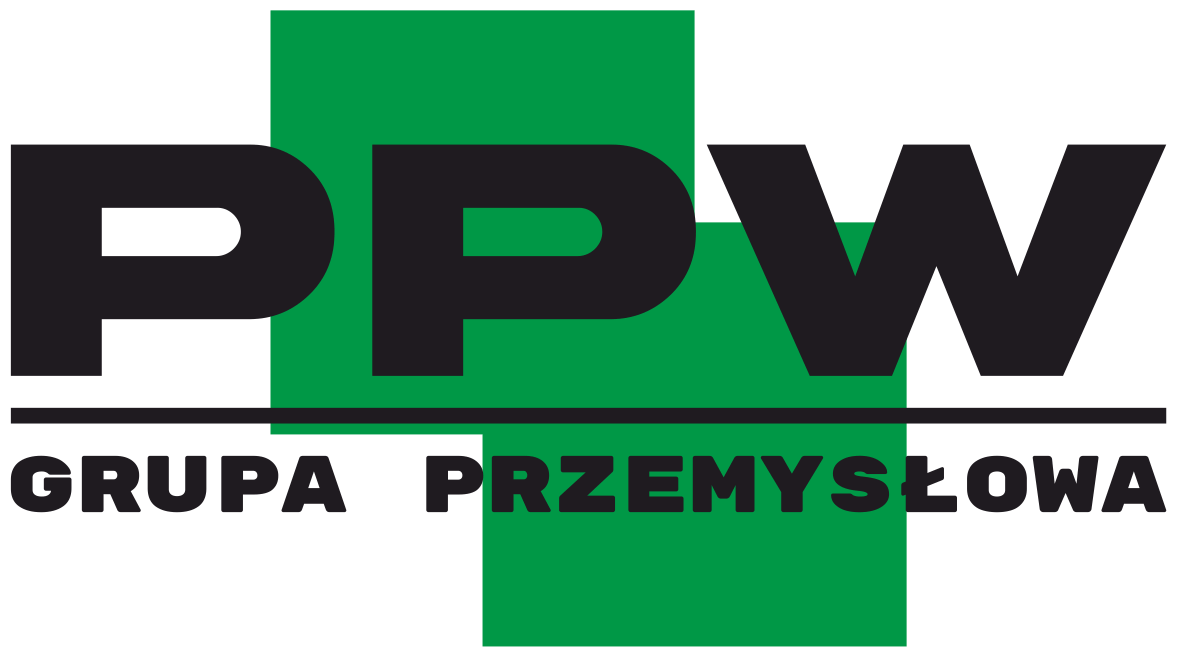Refractory concretes
Главная страница » Portfolio » Unshaped refractory materials » Refractory concretes
Refractory Concretes — Reliable Castable Refractory Solutions
Refractory concretes, also known as refractory castables, are heat-resistant mixtures used for constructing and repairing high-temperature industrial equipment. These materials are poured or cast into place and harden into a durable, monolithic structure capable of withstanding extreme conditions.
What Are Refractory Concretes?
Refractory concretes consist of high-grade fire-resistant aggregates, binders (such as calcium aluminate cement), and carefully selected additives. Once mixed with water, they form a dense mass that can be shaped or cast into any desired form. After drying and heat treatment, they become strong, durable, and resistant to thermal and mechanical stress.
Key Advantages:
- High temperature resistance — up to 1800°C;
- Flexible installation — casting, pumping, gunning, or troweling;
- Excellent mechanical strength and thermal shock resistance;
- Custom shapes — ideal for complex linings and repairs;
- Fast setting and curing — reduces downtime during maintenance.
Applications:
- Steel and non-ferrous metallurgy (ladles, troughs, furnace linings);
- Cement industry (rotary kilns, coolers)
Power and energy sector (boiler linings, burners); - Incinerators and chimneys;
- Petrochemical reactors and reformers.
Types of Refractory Concretes:
- Conventional castables — economical, for general-purpose use;
- Low Cement Castables (LCC) — improved density and strength;
- Ultra-Low Cement Castables (ULCC) — superior performance at high temperatures
- Insulating castables — lightweight, for thermal efficiency;
- Self-flowing castables — flowable, for easy application without vibration.
